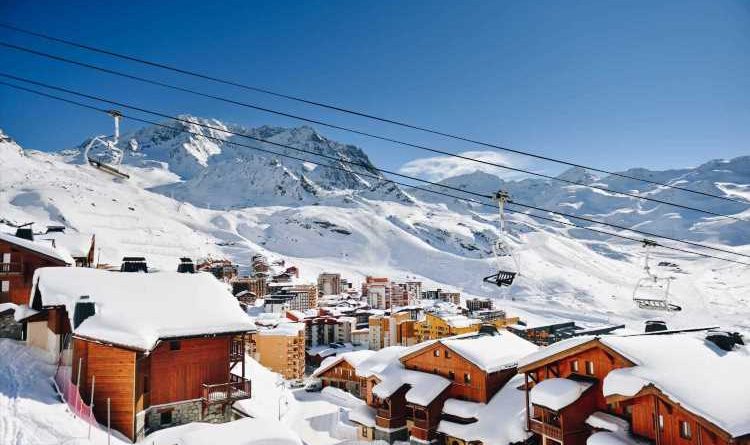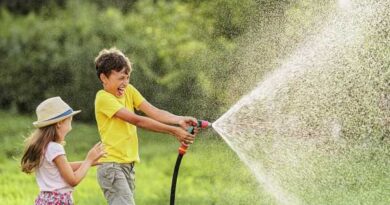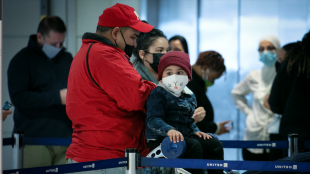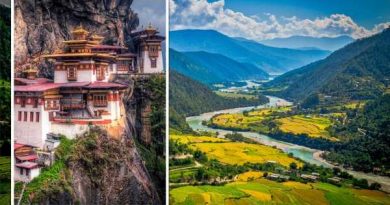How Mount Noire Is Working to Make Ski Slopes More Inclusive
In the early 1970s, ahead of the first National Brotherhood of Skiers summit in Aspen, which brought together Black skiers from around the country, organizers sent a press release to the local newspaper announcing their arrival. They felt it was necessary given the ongoing civil unrest and suspicion of the Black Power movement, as well as the fact that having hundreds of Black skiers at a single resort was unprecedented at the time.
Over 50 years later, attention and uncomfortable stares on the slopes were relatable experiences for U.K.-based college friends and avid skiers Tobi Adegboye, Wenona Barnieh, Blessing Ekairia, Simisola Oke, and Adeola Omotade. On a ski trip together to Chamonix, France, in 2018, Adegboye remembers being asked, “What are you girls doing here, I didn’t know Black people skied?” while enjoying the aprés-ski scene. “It is very common while traveling as a Black person to be asked to pose in a photograph with strangers,” she says. “That happened a few times on the slopes.”
However, after sharing images of their trip on social media, the women were inundated by requests from friends asking for ski trip tips and resort recommendations. “It highlighted that a lot of people in our community were interested in winter sports—and that we could support [them] by making access to this experience easier,” says Barnieh. “We also recognized that there are other skiers and snowboarders like us out there and thought how great would it be if we could all come together on the slopes.”
Pulling from their love of travel—as well as skills acquired in their day jobs in talent management, psychology, and medicine—Barnieh, Adegboye, and their friends founded Mount Noire in December 2019 as a boutique winter sport travel agency with a mission of “bringing color to the mountains” by creating inclusive experiences and a space for all travelers to explore skiing and snowboarding.
That same month, Mount Noire hosted its first group trip to Val Thorens, France, hitting the slopes and joining parties at La Folie Douce. In March, shortly before the global shutdown of ski resorts due to COVID-19, the company led a 25-person ski trip to Bansko, Bulgaria. “Bansko offers a great ski experience perfect for beginners,” says Barnieh. “The snow conditions were good, the après-ski was lively, and there was plenty of delicious food and drink on and off the slopes”
Over the summer, as a focus on the Black Lives Matter movement was reignited worldwide, the outdoor sports industry was highlighted as one lacking representation for people of color. Skiing was not exempt. “When you look at ski magazines or brands, it’s not very often that you see people who are Black or other ethnic minorities,” says Barnieh. Although there now seems to be a more concerted effort to change that in recent months, “we need Black [and] ethnic skiers visible in marketing campaigns and in the media,” she says.
One of the immediate areas where diversity can be addressed is ski resort staff, Barnieh says. “[Resorts need to] review their recruitment policies and the spaces they hire from,” she says. “They need to diversify their workforce and have more Black people in management positions at resorts, not just in hospitality or security roles.”
And it’s the little things, too, that make it seem like skiing, and even apres ski, is catered to a specific audience. “We put on our favorite songs and dance in the chalet before heading out, because we know we won’t hear them at the bar,” Barnieh says of Mount Noire’s trips.
While the pandemic has put trips on hold since March, Mount Noire has been working to increase accessibility for travelers of color on future ski excursions. The company is organizing future ski and snowboarding events in the U.K. to introduce more people of color to the sports—and deliberately seeks out resorts that are beginner-friendly for group trips, as the majority of its clients are novices. Mount Noire also offers payment plans to keep clients from being deterred by the sports’ high price tags. “Skiing can be an expensive sport,” Barnieh says. “Even with access to resorts in Europe that are only a two- to three-hour plane trip, the additional costs of hiring equipment and ski passes adds up.”
With vaccines rolling out globally, Mount Noire is optimistic that its first 2021 trip to Val Thorens in mid-March will take place. The trip has already sold out, with a fast-growing wait list. “Our clients and community have been very supportive,” Barnieh says. “Despite the pandemic and travel restrictions, they are making the most of this unusual season.”
Source: Read Full Article




